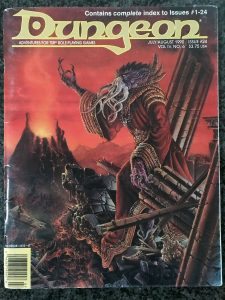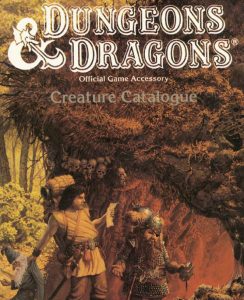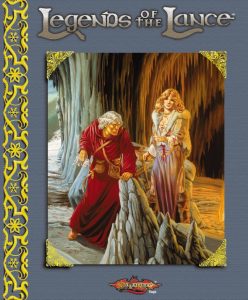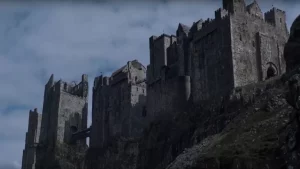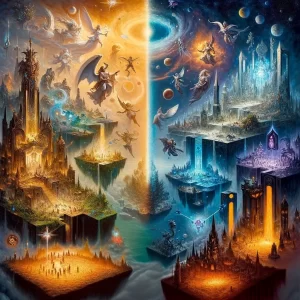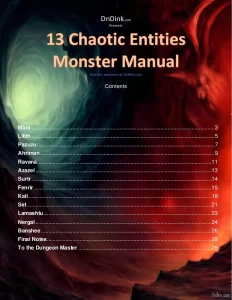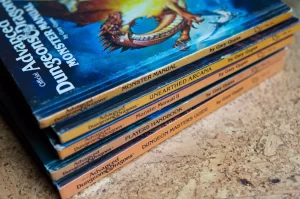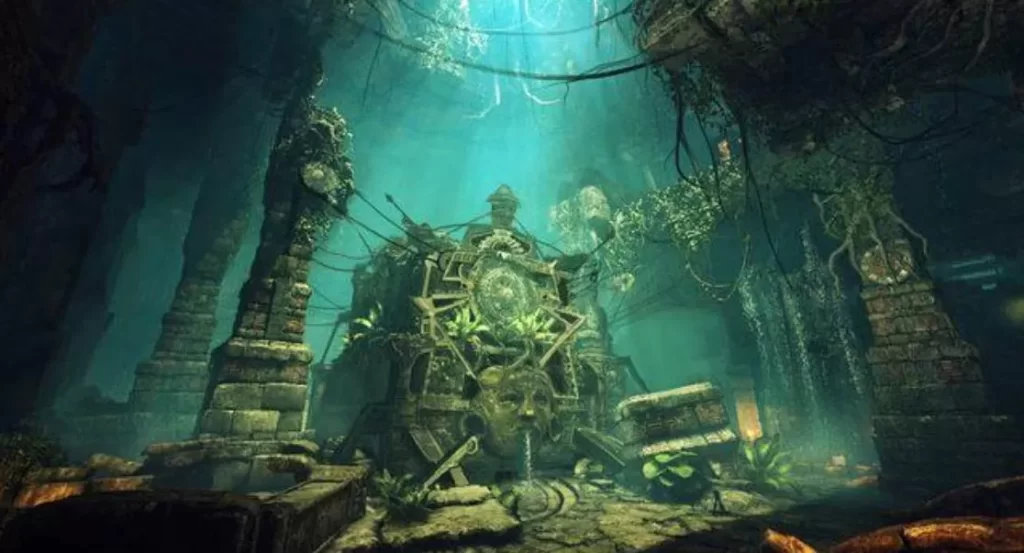
Place of Fear
With a name that means the "Place of Fear" in an archaic tongue, Xibalba's tortures and inflexible order are the closest the Maztican afterlife gets to the Nine Hells. Along with Mictlan (Underworld of Aztec mythology), it is one of two planes known for mortal visitors, and many a legend involves at least a brief foray in this lawful evil temeno (a piece of land cut off and assigned as an official domain).
Dominated by a massive city encircled with rivers of scorpions, blood, and pus, the city consists of houses of torment and a ballgame court of massive proportions. Surrounding the city is an endless and unforgiving desert populated by ravenous vulture-demons but it is said that there is a place hidden in the west where a damned tonalli (soul) can find brief respite or a mortal visitor can find succor.
Xibalba is a "Shadow World" of the Great Pyramid and the final destination of tonalli who were utterly inflexible in life and often used their rigidity as an excuse for cruelty.
Demons
It is difficult to explain to foreign born that Xibalba is a hell, yet is occupied by powerful and unique demons. In truth, this is a result of semantics and translation into the Faerûnian common tongue.
The term "demon," in the sense that an Amnian would understand, is not an accurate descriptor for the supernatural beings that inhabit Xibalba. Due to their outlook, "devil" may be closer to reality, but even that is not a wholly accurate name. The supernatural beings of Xibalba simply are what they are.
There are three levels in the hierarchy of these demons. At the very bottom are infernal creatures that share much in common with normal animals like vultures, jaguars and bats. These creatures are far crueler than their mortal kin and are of a supernatural nature. The jaguars and bats occupy houses where the higher ranked demons like to torture souls and mortals alike. The vulture-beings are known as dtutuncan ("strange evil bird") and lead mortals to danger so they can pick at the bones of the dead, though they are more than capable themselves when in a flock.
The Dtundtuncan has only one leg and lacks eyes, in the place of which are black empty sockets. It is a stout bird with lustrous plumage (beautiful feathers), which cannot sing and can barely emit a horrible squawk like a raven. He is only seen, flying high in the sky, on certain afternoons, almost at dusk, as if waiting for the time of the children's sleep, to poison them by blowing the icy wind of death into their mouths.
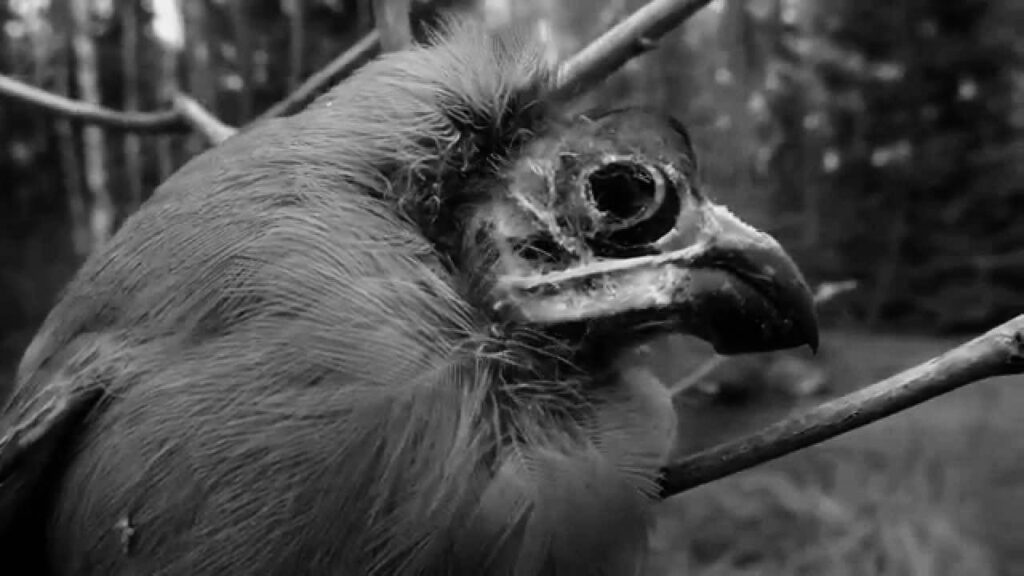
And there is a demonic hierarchy. This consists of ten unique beings that oversee a number of forms of human suffering both in Xibalba and in the mortal world of Maztica. The demoness Xquic is also often lumped into this group, but she actually stands by herself outside the hierarchy as an exile and a traitor.
Demonic Hierarchy
The demonic hierarchy are identified in pairs that relate to different forms of human suffering.
Xiq'iri'pat ("Scab Stripper") and Kuchuma Kik' ("Blood Gatherer"), whose powers are capable of sickening people's blood.
Ajal Puj ("Pus Demon") and Ajal Q'ana ("Jaundice Demon"), who cause people's bodies to swell up and often explode in a shower of blood.
Ch'amiya B'aq ("Bone Scepter") and Ch'amiya Jolom ("Skull Scepter"), who turn dead bodies into skeletons to destroy their enemies.
Kik'Re' ("Bloody Teeth") and Kik'Rixk'Aq' ("Bloody Claws"), who hide in the un-swept areas of people's houses and stab them to death when they are most vulnerable.
Xiq ("Wing") and Patan ("Packstrap"), who cause people to die by coughing up copious amounts of blood.
Note that these are the incarnations as the demons as they presently stand and in the past there were other names and incarnations.
And there are two godlike beings known as Jun Kame ("One Death") and Wuqub' Kame ("Seven Death"), who were once deities of death, worshiped by the early folks of Payit. They surrendered much of their power in a wager with two mortal twin humans known as the Hero Twins when they were defeated in a ballgame match. Their divinity is gone, but they still wield power in the True World and absolute power in Xibalba.
Then there are the Hero Twins. Are they gods or men? What secrets do they hold, and can they offer power over the demons themselves? Are there riches to be found with their aid?
To Travel
Xibalba can be reached by any spell or ability that would also allow a character to enter the Nine Hells. Only folks who worship at least one member of the Maztican pantheon itself may do so with success. Faerunians may reach the temeno through a portal or gateway created by an ally (or enemy), however.
Sometimes, even the evilest of supernatural inhabitants of Xibalba will bargain or deal with particularly charismatic Mazticans but foreign trespassers are rarely afforded the same luxury. The game effects amount to Disadvantage on all Charisma based checks when dealing with Xibalban outsiders.
Many of the same reasons a Faerunian PC might want or need to travel to the Nine Hells could also apply to Xibalba. Perhaps there is a particular tonalli which the PCs must speak with for a long-lost secret? Perhaps instead this information can only be garnered from one of the plane's terrible demons? Some spellcasters are now known to summon demons from this terrible realm, and the demons themselves have been known to enter the mortal world on many occasions.
Xibalba
Xibalba, like all tenemos with the exception of Mictlan, is but a single infinite realm with only one level. No matter where one stands on the plane, a grand ball court (the grandest in all the multiverse) is in view through the dust and haze. No matter how far one travels from this "center" of the plane, it is always less than a day's travel to return. If a traveler heads due west from the ball court they will pass through demon infested wastes to reach the Calpulli of the Sun and Moon where the Hero Twins hold court and can offer some succor (support or aid) to the tormented spirits of the plane for a short time.
East, north and south also lead into barren wastes, but they are not unoccupied. The entire temeno is known for its unique entities who's only purpose in existence is ensuring the tonalli (soul) of the plane suffer for eternity. Most spirits only know of the existence of the Hero Twins but do not know where they reside and the dtutuncan routinely confound (confuses) those who seek them out.
The Grand Ballcourt
This massive stadium is the spiritual and physical center of the plane of Xibalba. With the exception of tonalli that escape into the wastes, every soul to ever occupy Xibalba spends the majority of its time here. Distance in the stadium is distorted and is unsettling for living beings. The seating is almost vertical and living creatures who attempt to watch the game must make a DC 14 Wisdom saving throw every hour or willingly lean over and drop into lower levels of seating causing 21 (6d6) bludgeoning damage in the process. Allies can easily prevent this from occurring and affected PCs snap out of the trance that leads to these falls at the start of their next turn.
The grand ball game itself is extremely lopsided. A team of four of the demonic hierarchy often squares off against an equal number of randomly selected souls of the dead. The demons enjoy administering different tortures and humiliations for the tonalli during the game itself, but the souls still attempt to endure it. This is because they know that once the game is concluded they are sacrificed on the ball court itself, erasing them permanently from existence. The gore from the game and subsequent sacrifice itself is left right where it lays unless one of the players decides to eat the worthless parts. Rot does not occur on Xibalba so the entrails and gore can remain indefinitely.
In all of the time of creation, the demonic entities have only lost on three occasions. Twice, however, the winning teams did not obtain a proper agreement from the demons and their torment afterwards was only prolonged. The balls used in the game are the heads of these victors - still very much aware and suffering.
The Hero Twins however, somehow convinced the demons to release them upon their victory. It is said that they challenged the demons themselves and humiliated them by playing with only two players against the opposing four. Perhaps it was respect gained in these overwhelming odds that the demons honored their bargain. The respect lost led to Jun Kame and Wuqub' Kame's loss of much of their personal power and divinity.
The Three Rivers of Xibalba
Surrounding the city and grand ball court are three "rivers" that form an effective blockade which prevent tonalli from escaping into the wastes. These rivers are unnamed, but are rather easy to describe.
The first is a river comprised entirely of hot blood. Though it isn't boiling, it still causes 3 (1d6) fire damage if touched or 14 (4d6) fire damage for every round of immersion. The River of Blood is also easily visible from the ball court, and tonalli are more than willing to call attention to potential escapees in order to gain what they think will be the temporary goodwill of the demons.
As if a river of hot blood wasn't vile enough, the second's foul nature could turn the stomach of a ghoul. The stench of rot and a cloud of buzzing flies is the first indication that one is approaching the River of Pus. Walking within 30 feet of the river forces a creature to make a DC 13 Constitution save or be poisoned until the start of its next turn. On a successful save, the creature is immune for 24 hours. Entering the river forces a new save at Disadvantage.
The final river consists wholly of scorpions that flow along with a current like any river would. Entering the river forces the poor creature to suffer 21 (6d6) piercing damage and make a DC 14 Constitution save or suffer an additional 18 (4d6) poison damage from hundreds of tiny stings.
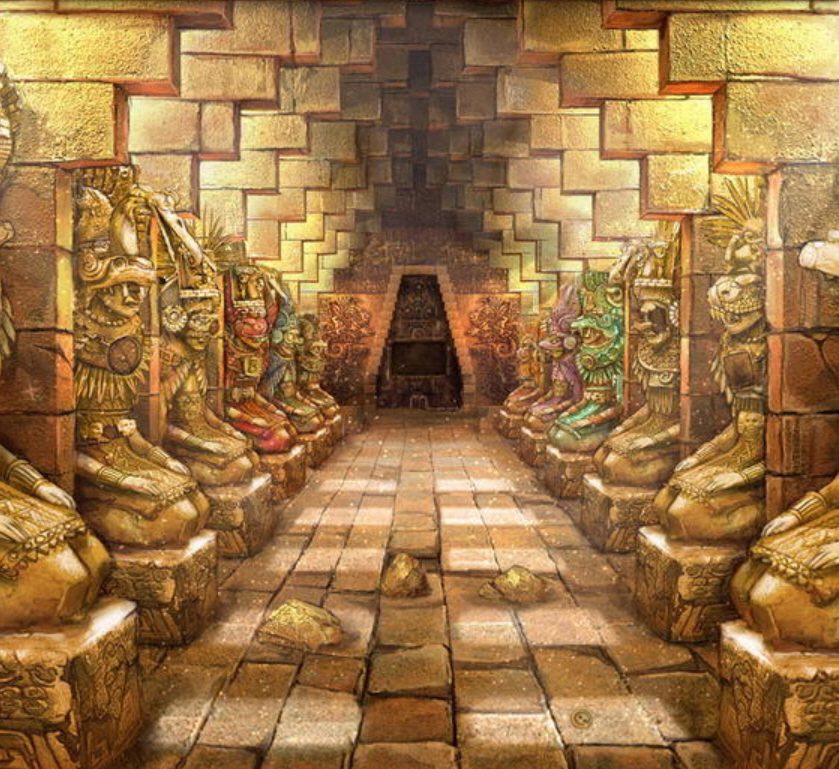
May be interested in reading about African Mythos in Dungeons & Dragons
